Since 2018, there have been various debate and discussions about the partnership between the Olympics and esports, and how they could collaborate. Last year, IEM PyeongChang took part in the partnership with IOC, the International Olympic Committee, raising arguments in the higher level than usual. In the same year, Thomas Bach, the boss of IOC, implied his dismissal again for everyone that esports were too violent for original Olympic sports values.
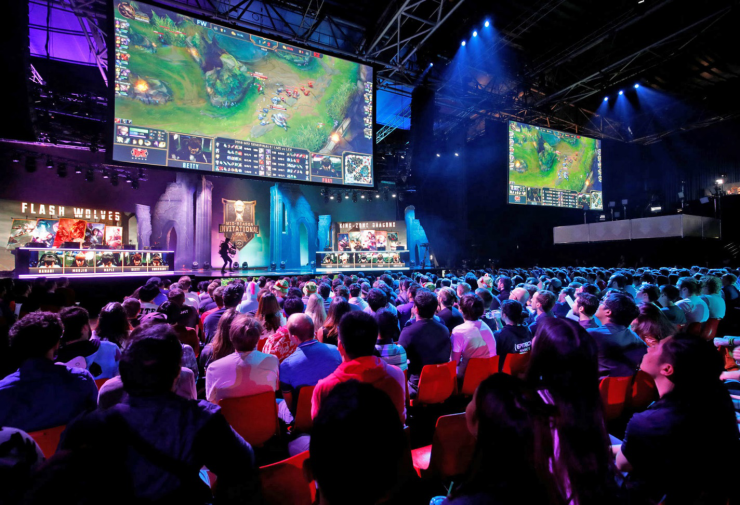 Esports and Olympics’ partnership is still debatable
Esports and Olympics’ partnership is still debatable
In the 2019 panel discussion placed in GEF, panelists Michal Blicharz, known as the ESL pro gaming vice president, along with sports sociologist Nicolas Besombes, who is deeply concerned to the French esports industry and has given advice for GAISF, the Global Association of International Sports Federations, promptly indicated that it would be a major advantage if they work together, but it is different from people’s thoughts.
Blicharz mentioned that various ways are there for the Olympics and esports to support each other.
Blicharz said: “Being associated with the Olympics is a mark of legitimacy. It opens many eyes to esports, potentially. The whole world knows the Olympics. If esports finds itself within the Olympics then all the parents and grandparents will have an easier time accepting videogames when their kids tell them they want to join Astralis and be on this stage. People over the age of 35 have a lot of influence in the world still. Esports doesn’t need to be in the sports program to learn from the movement and the federation.”
According to Besombes, one more important advantage in this partnership is the possibility for esports to acknowledge from difficulties that the Olympics has been solving in years. Esports is undoubtedly good at spectatorship and fan engagement, which other sports should absorb, whereas it could look at how the Olympics using big movement to deal with doping, corruption, as well as protecting the athletes.
However, it is not necessary for esports to be inside the Olympics directly to learn something. It just needs a basic relationship that let esports to watch and acknowledge from Olympics’ movements.
Besombes shared: “When we speak of the Olympic movement, it isn’t just the games. There are the international federations and the Olympic committees. Before we join a sports program, which is the highest recognition possible, you have many steps before. Esports doesn’t need to be in the sports program to learn from the movement and the federation.”
Besides, the challenge to make esports become compatible with movements of the Olympics is extending pretty well over the violence debate. It also concerns to matters that harder to struggle to than questions of invisible guns.
Besombes stated “We are playing games which have intellectual property, which is very different from sport. How does the esports ecosystem manage to gather the stakeholders and speak with one voice?”
Blicharz fell in with the fact that who are rivals in various aspects may find it difficult to cooperate. The duration of games that different from traditional sports could persist another matter for esports looking for a collaboration with the IOC.
“When the IOC talks about esports they talk esports as a whole, not as single titles, but if you’re in esports you know it’s all about single titles and esports is just an umbrella term,” Blicharz implied. “That’s confusing to outsiders. And to have a major publisher shutdown esports for a game? You don’t expect handball to just suddenly shut down.”
The panel, on the side of the top sticking violence point, debated that it is extremely essential that IOC should step forward to define the line and draw it out.
Besombes implied that “You can play shooting games that are rated for everyone, like Splatoon. We need to educate the Olympic Movement on the fact such ratings already exist and maybe there are objective criteria that they can set to choose the game. The Olympics might say they don’t want M games, and fans won’t be happy with that because it puts some games on the side. But that would be more understandable because we’d have clear lines. It would also maybe send a signal to publishers that want to be part of the Olympics that they need to make games without this kind of violence. In StarCraft 2, you have to symbolically destroy your opponent. But for us, we don’t see much difference in Counter-Strike. You don’t put significance on the graphics, you’re just thinking about strategy. There’s a lot to do to educate them about that.”
Besides, Blicharz pointed out that the Olympics is attempting to “unite the world” of sports. In other words, a game has to become something that people can support internationally.

Olympics is attempting to unite all the sports in the world
“Some of the most violent games are also the most popular and have the terminology of double kill, triple kill, killing spree. These things raise flags for the IOC,” Blicharz said. “They’re more drawn to games like FIFA because they’re harmless in nature but they won’t necessarily draw the whole esports industry around them.”
Something more akin to the Paralympics is one among many advises appearing from the Lausanne appointment of Olympic committee and the leaders of esports industry. The parallel event formation would keep parts of Olympic’s movements, but at the same time, would operate its rules to adapt to the necessary demand.
For esports, a fast-changing and inherently unstable environment, Blicharz claimed that it is compulsory for Olympic-style esports to be held frequently every two to four years.
“The number of points where esports and sports are not compatible dictates a different competition under the IOC umbrella with its own cycle,” Blicharz implied. “Taking a shortcut and accepting the differences which look small on the surface but are very large. Accepting and embracing that and creating a construct more like the Paralympics is a smart way to go forward.”
Also, Besombes related to the extraordinary IEM PyeongChang event, which was reinforced by IOC during the 2018 Winter Games. It is an important historical game that takes place a minor separated from the Olympics, but still have the help of the Olympic movement.
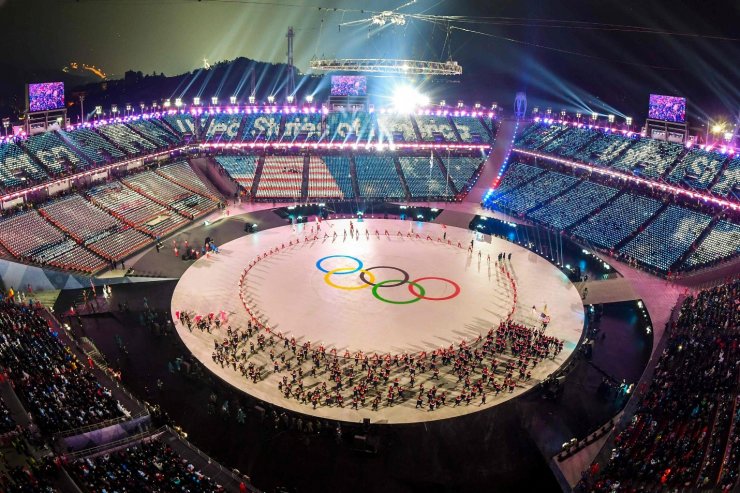
2018 Winter Games in PyeongChang with the support of Olympics
Besombes just wants to slow down and gradually work together, as it is so valuable that it is still meaningful when the collaboration never happens for real.
“What I like the most is, if it doesn’t lead to anything, it doesn’t matter,” Besombes said. “In the world of esports where everything is about rushing, the Olympic movement is so established it can take its time. It’s something new for esports to take time and if it doesn’t work, it doesn’t matter.
“Why can’t we just learn from each other, share experiences, help each other grow?”
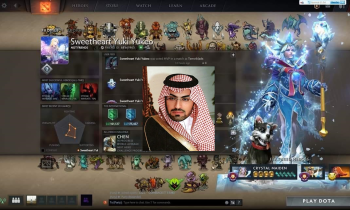
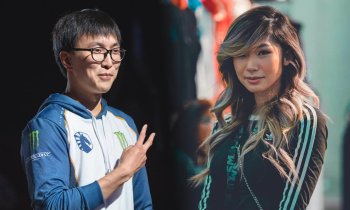
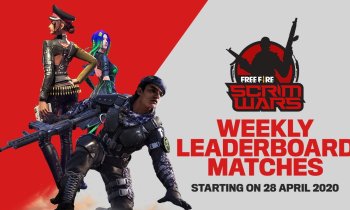
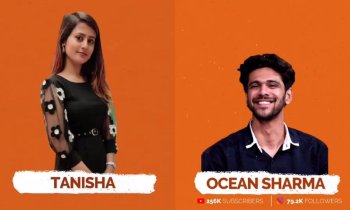
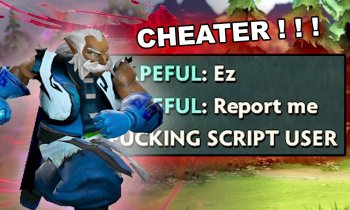





Comments